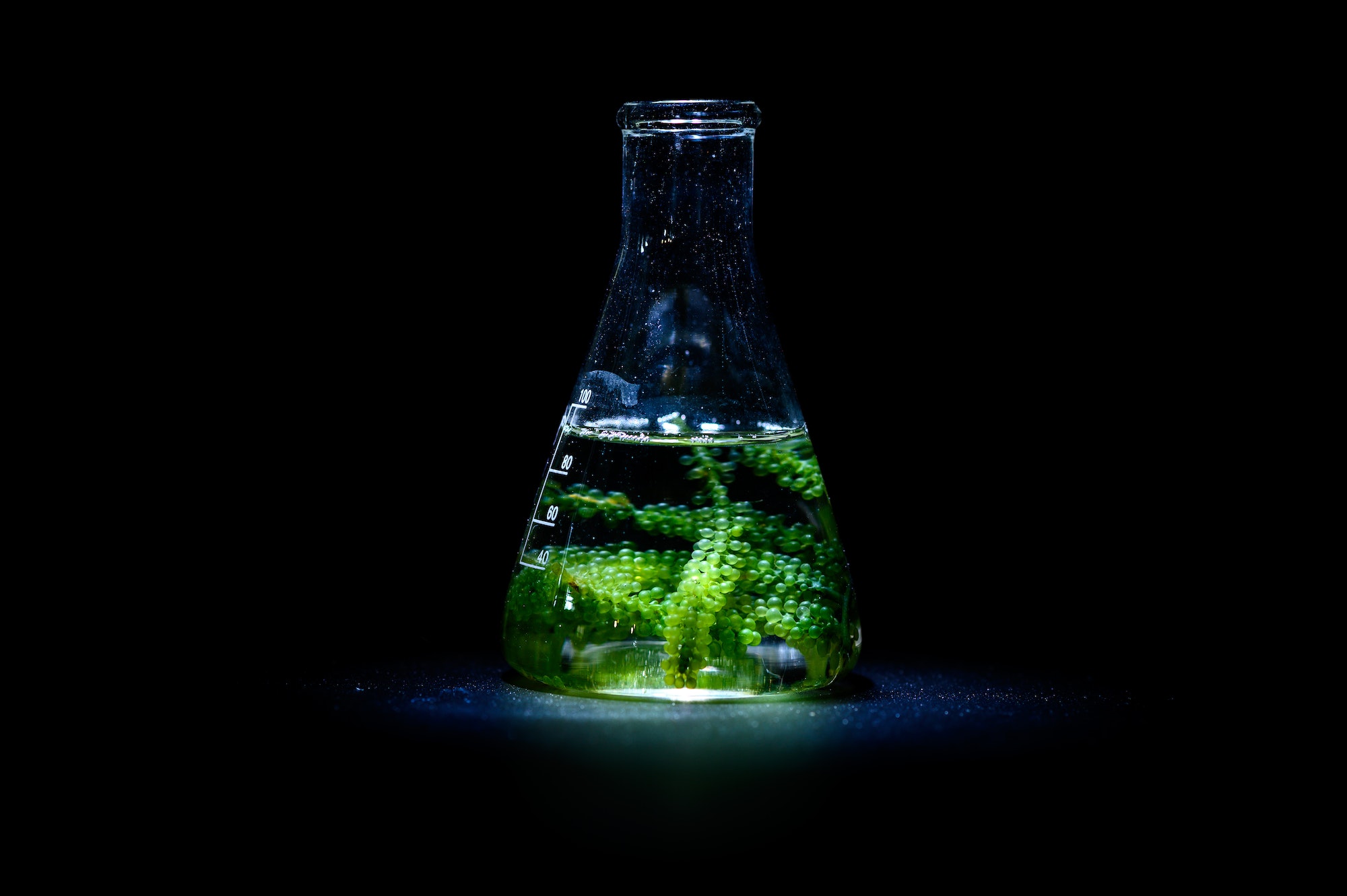As the world faces an increasing demand for renewable energy sources, algae biomass has emerged as a promising alternative to traditional fossil fuels. Algae are microscopic aquatic organisms that can convert sunlight and carbon dioxide into energy through photosynthesis. This process produces a wide range of bioproducts, including biofuels, animal feed, and high-value chemicals. The development of algae bioproducts offers numerous advantages in terms of sustainability, resource efficiency, and economic potential.
One of the main advantages of utilizing algae biomass for bioproduct development is the reduction of greenhouse gas emissions. Algae absorb large amounts of carbon dioxide during their growth, effectively capturing and storing this harmful greenhouse gas. When algae-based biofuels are burned as a source of energy, they release the same amount of carbon dioxide that was initially absorbed during their growth. This makes them carbon-neutral and contributes to a lower overall carbon footprint compared to traditional fossil fuels.
Algae cultivation also requires significantly less land and water resources compared to conventional biofuel crops, such as corn or soybeans. Algae can be grown in a variety of environments, including saltwater, wastewater, or even on non-arable land. This reduces competition for valuable agricultural land and freshwater resources that are essential for food production. Furthermore, some algae species are capable of thriving in wastewater or industrial effluents, providing an additional benefit by treating these waste streams while simultaneously producing valuable bioproducts.
Another advantage of algae biomass is its high productivity and rapid growth rates. Algae can grow up to 50 times faster than traditional terrestrial plants, allowing for higher yields per unit area in a shorter period of time. Additionally, some microalgae species have lipid contents exceeding 50% by weight, making them an ideal feedstock for biodiesel production. These high lipid contents can also be extracted and converted into other valuable bioproducts such as omega-3 fatty acids, which have numerous health benefits and are in high demand for the nutraceutical industry.
The versatility of algae biomass also provides a unique opportunity to develop a wide range of bioproducts, making it an attractive feedstock for biorefineries. Algae can be processed into various forms, including biofuels, bioplastics, biochemicals, and animal feed. This flexibility allows for the production of multiple high-value products from a single biomass source, increasing overall economic viability and reducing waste.
Lastly, the development of algae bioproducts can contribute to job creation and economic growth in rural areas. The establishment of algae cultivation facilities and biorefineries can provide employment opportunities for local communities, particularly in regions with abundant resources such as sunlight, water, and non-arable land. This can help stimulate local economies and support the transition towards a more sustainable energy future.
In conclusion, the utilization of algae biomass for bioproduct development offers numerous advantages in terms of environmental sustainability, resource efficiency, and economic potential. As research continues to advance in this field, algae-based bioproducts are poised to play a critical role in the global shift towards renewable energy sources and sustainable development.


